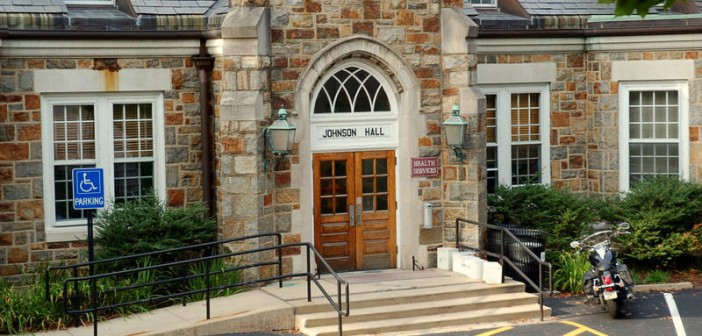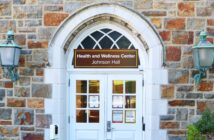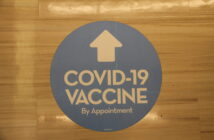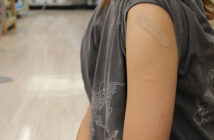With the Pfizer, Moderna, and AstraZeneca vaccines beginning to be distributed globally, Lehigh’s health professionals have begun thinking about the implications of the vaccine for the university.
David Rubenstein, executive director of the Health and Wellness Center, explained that early data presented in clinical trials for Pfizer, Moderna and AstraZeneca has shown 90 percent, 95 percent, and between 62 and 90 percent efficacy respectively.
“Lehigh will look closely at the public health recommendations in its decision making regarding (university) policy as it impacts students, staff and faculty in respects to receiving the vaccine,” Rubenstein said.
Rubenstein said he is optimistic that the vaccine will go a long way in mitigating risk and enhancing on-campus health and safety.
Sarah Stevens, medical director of the Health and Wellness Center, weighed in on the likelihood of the vaccine affecting campus life in the upcoming spring semester.
Stevens said that based on guidance from the Advisory Committee on Immunization Practices, it is unlikely that college students will be among early recipients of the COVID-19 vaccine.
Stevens said the priority recommendations from the Advisory Committee on Immunization Practices start with health care workers and residents of long-term care facilities. Subsequent recommendations are likely to then include essential workers, the elderly and vulnerable populations.
Thus, although young adults have been identified as significant spreaders of the coronavirus, they are not prioritized to receive the vaccine.
Another important consideration is whether or not Lehigh will mandate students to provide proof of vaccination to gain access to campus once the vaccine has been rolled out widely.
Since it is quite early in the process, this factor has not been decided as of yet, Stevens said.
“No decision has been made by Lehigh yet regarding requiring vaccination for students, though given the seriousness of COVID and the impact on the health and safety of our entire Lehigh and local community this is an important consideration,” Stevens said. “It will depend in part on availability of the vaccine for the student population.”
Stevens explained that despite lingering uncertainty regarding how the vaccine will affect campus policy, she is optimistic about the recent news and the implications that it will have for the community at large.
Challenges of distributing the vaccine to students, however, include the scope and scale of the population that demands it, many of whom are considered a priority over college students.
Stevens said she is optimistic about the extremely high effectiveness of the vaccines, while stressing that there is still much to learn about them. Questions include how long the vaccines provide immunity for as well as potential side effects, both short-term and long.
“We do not know at this point how long that immunity will last or if booster vaccinations will be needed,” Stevens said. “It is also not known if it is superior to the immunity from natural infection or if it also prevents a person from being able to be exposed and transmit the virus to someone else even if they themselves do not become sick. So we will continue to learn more over time.”
Taylor McEvoy, ‘23 said she is hopeful that the vaccine will allow on-campus facilities to reopen and will help facilitate a return to normalcy.
“I am not sure if everyone on campus will get the vaccine before the spring semester ends due to the limited supply,” McEvoy said. “Even with the vaccine we will still need to be cautious, but I think it will be a step in the right direction for college to return to normal.”






Comment policy
Comments posted to The Brown and White website are reviewed by a moderator before being approved. Incendiary speech or harassing language, including comments targeted at individuals, may be deemed unacceptable and not published. Spam and other soliciting will also be declined.
The Brown and White also reserves the right to not publish entirely anonymous comments.